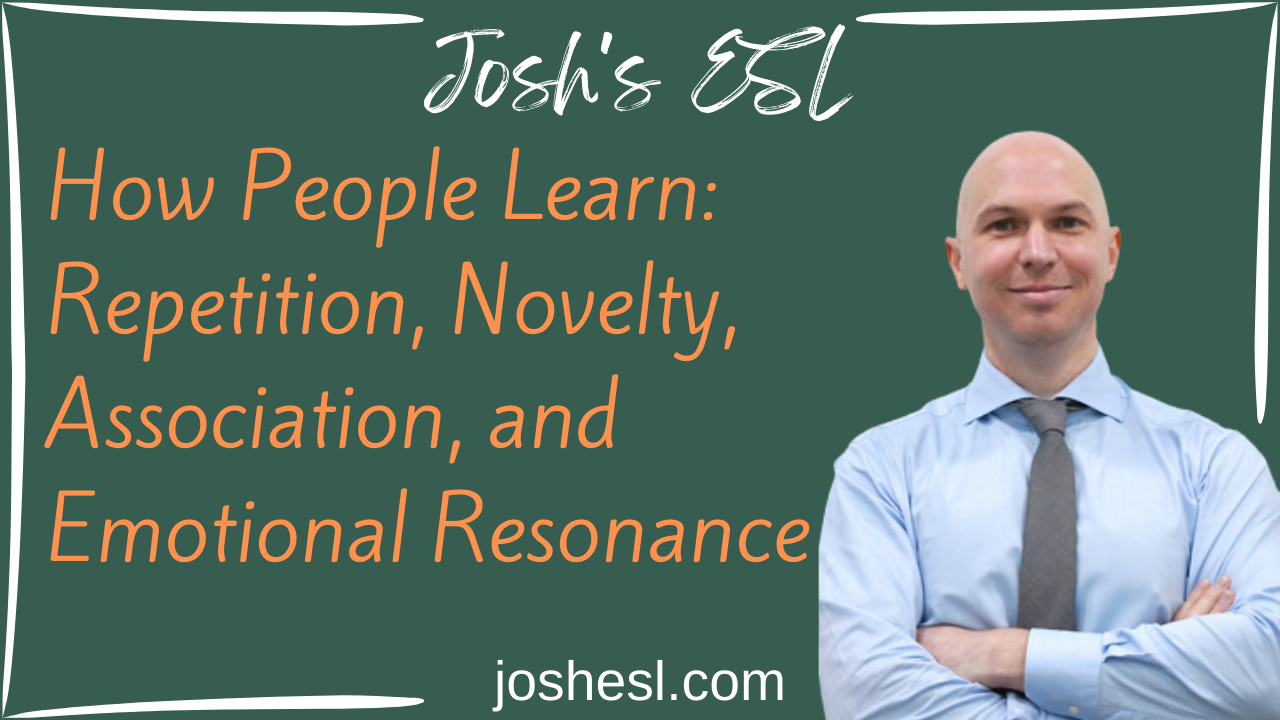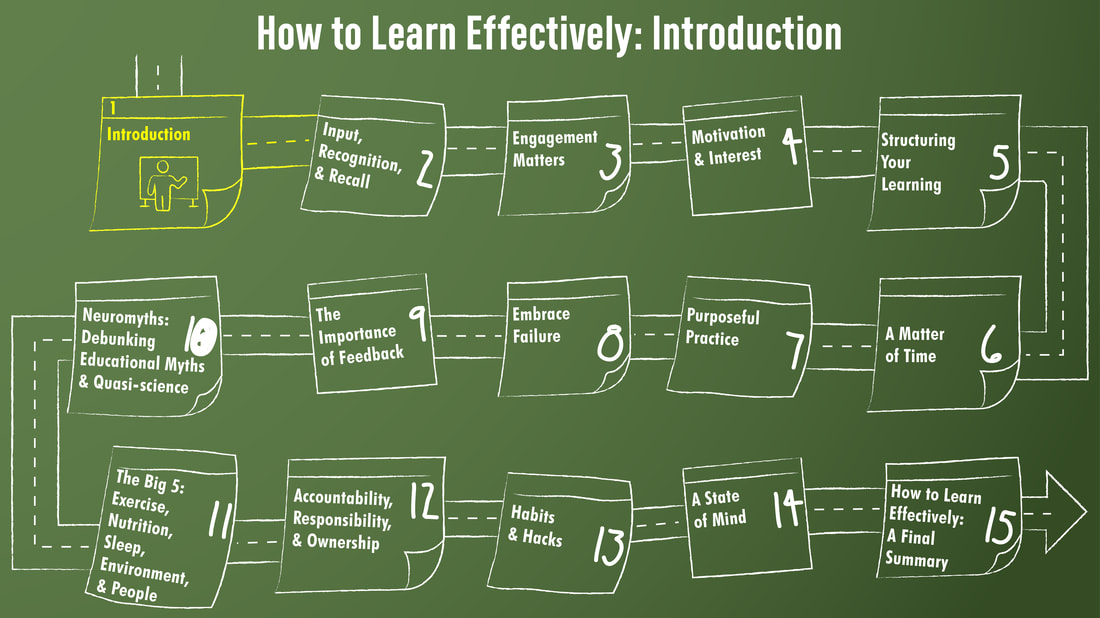1. Novelty: Capturing Curiosity
The human brain has a natural affinity for novelty. New information, something fresh and unfamiliar, captivates our interest and sparks curiosity. When learners encounter novelty, it triggers neural responses that enhance attention and retention. For educators, introducing novel elements into the learning experience can be a potent catalyst for engagement and retention.
2. Repetition and Recall: The Path to Mastery
Extensive research spanning decades underscores the pivotal role of repetition in the pursuit of mastery within the learning process. However, it is essential to recognize that mere exposure to information alone is often insufficient to ensure learning takes place. What genuinely amplifies and solidifies memory is the active recall, deliberate practice, and purposeful engagement with the presented stimulus or to-be-learned material. Instead of passive consumption, educators should inspire learners to actively retrieve and engage with the to-be-learned material. By promoting proactive involvement, practice, and recall, educators have the capacity to significantly enhance the learning process.
3. Emotional Resonance: The Power of Feelings in Learning
Emotions play a pivotal role in the learning journey. Content and/or contexts that elicit emotional responses, whether positive or negative, tend to be more memorable. This phenomenon underscores the significance of creating a conducive emotional environment for learning. In adult education, where learners often have specific objectives, aligning the learning content with their learning goals can be a powerful strategy. It can help ensure that the material resonates deeply, increasing the likelihood of long-term retention. Importantly, both positive and negative emotional associations are implicated in learning. While positive emotions foster an enjoyable learning experience, negative experiences that resonate emotionally often lead to rapid, one-trial learning. This highlights the nuanced role emotions play in shaping our learning outcomes.
4. Association: Building on Existing Mental Frameworks
Learning becomes more accessible when new information aligns with existing mental frameworks or schemas. These frameworks represent cognitive structures individuals use to organize and understand the world. Educators can facilitate learning by encouraging learners to connect new material with their prior knowledge. This process of association not only enhances comprehension but also aids in long-term retention. It's akin to constructing a bridge between the familiar and the unfamiliar, making the learning journey smoother.
* Reward Prediction Error
Reward prediction error, deeply rooted in the fields of neuroscience and psychology, offers insights into how individuals learn from expected outcomes. At its core, it hinges on the "gap" between what one anticipates and what transpires, known as “prediction error”, this concept is key to understanding basic forms of learning.
An overview of RPE:
- Prediction: Prior to any outcome, individuals formulate expectations rooted in past experiences, akin to mental predictions.
- Outcome: Actual outcomes may align with these predictions or veer off-course, encompassing both favourable and unfavourable results.
- Prediction Error: Prediction error quantifies the variance between expectations and reality, serving as a yardstick for surprise.
- Dopaminergic Signalling: Within the brain's ventral tegmental area (VTA), dopamine neurons encode this signal. When outcomes exceed expectations (positive prediction error), dopamine release escalates; when they fall short (negative prediction error), dopamine release dwindles.
- Learning and Adaptation: Prediction errors drive reinforcement learning and decision-making. Positive prediction errors reinforce behaviours, heightening their likelihood of repetition, while negative prediction errors discourage and reshape behaviours.
In essence, reward prediction errors inform individuals about the relationships between actions and expected outcomes. They play a fundamental role in motivation, reinforcement learning, and addiction.
Conclusion
In conclusion, this exploration of the four essential modes of learning—Novelty, Repetition (and Recall), Emotional Resonance, and Association—along with the concept of Reward Prediction Error (RPE), underscores the significance of understanding how individuals learn. By exploiting the benefits of Novelty, Repetition and Recall, Emotional Resonance, and Association, educators can enrich the learning experience for their students.
Finally, the introduction of Reward Prediction Error (RPE) highlights the critical role of expected outcomes in the learning process. Understanding how prediction, outcome, and the resulting prediction error shape our learning experiences can empower educators to design more effective learning environments. By integrating these modes of learning into their teaching practices, educators can engage students more deeply and enhance the long-term retention of knowledge, ultimately leading to improved learning outcomes.


 RSS Feed
RSS Feed